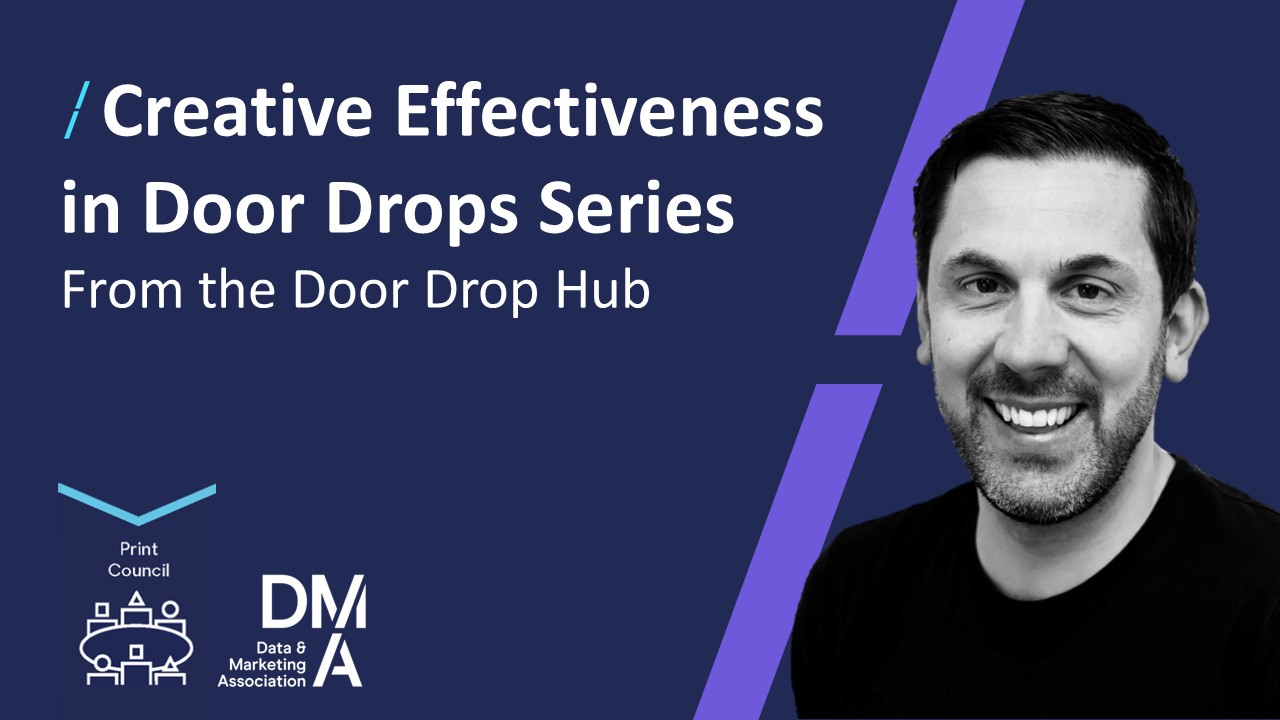Data is pointless without good creative
26 Mar 2015
_5513ee9f0a33c-4.jpg)
I’ve been told twice this week that I need to learn to code or face unemployment in two years. After that, I need to learn to analyse Big Data. Or it’s all-day pyjama wearing and a diet of tinned food. I don’t believe it for two reasons:
- Tech is defunct without good creative
- The world will always need horse whisperers
This brings me to the topic of Merlin. Not the forest-dwelling wizard popularized in Authurian legend, but a series of seminars by The Marketing Academy. On Thursday 25 April, cycling enthusiast (and mobile marketing advisor) Paul Berney led a room full of people through the behavioural changes going on because of smartphones.
Chewing gum sales are down 20% in the US because people look at their phones in the queue – not at gum displays. Really.
Neuron paths that release endorphins form as Tinder users swipe. We touch our phones about 50 times a day. Distraction is the new normal, and attention is a finite resource.
Of course, this is limited to a particular breed of city-dweller – but a lucrative demographic.
As a millennial I’m, predictably, conjoined to my smartphone. But most of what I learnt about beacons sounds unbearable. I don’t want to know I’m walking past a Starbucks. Nor do I want to scan mayonnaise in an aisle and get notifications when I’m walking past food to put it on.
What did resonate was the ‘storytelling’ work by cycling brand Rapha. This is a company that’s tapped into behaviour and added value. Their stores have coffee shops and their videos are emotional. It feels genuine.
All the possibilities big data, analytics, geo-targeting, beacons, drones, microchipping and hoverboards present makes me think of one thing. Something that’s on my mind daily: there is a lot about nature we don’t understand, and perhaps never will.
What I mean is, humans have instincts that data can hint at but never fully encapsulate. Our change in behaviour happens before the data appears. Pie charts and screens of numbers don't explain human feelings and experiences. They're too complex. Simply? If you want people's attention, trust your gut. That's something I learned from the Nobel Prize winning scientist Barry Marshall.





Please login to comment.
Comments